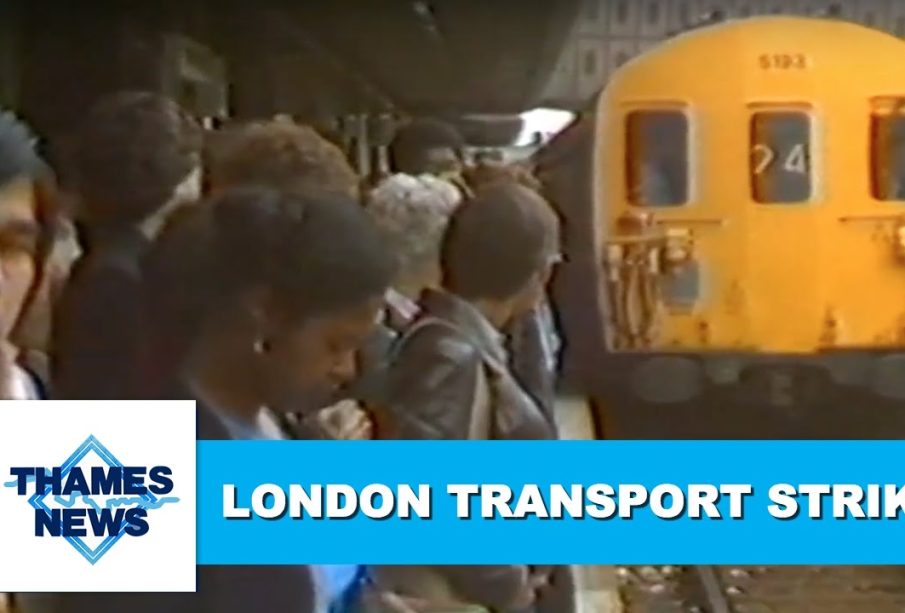Current Status of London Tube Strikes: October 2023

Introduction
London, a city known for its bustling transport network, is currently facing significant disruptions due to ongoing tube strikes. This series of strikes, involving members of the National Union of Rail, Maritime and Transport Workers (RMT), is primarily a response to disputes over pay, working conditions, and job security within the transport sector. As Londoners depend heavily on the underground for daily commutes, the implications of these strikes are profound, affecting thousands of travellers each day.
Details of the Strikes
The tube strikes began on the 3rd of October 2023, with workers walking out for 24 hours in a coordinated effort to demand better compensation amid rising living costs. The RMT has vocalised concerns about staff shortages and safety issues as key reasons for their industrial action. The strikes have directly impacted operations across multiple lines, with many services running at reduced capacity or being completely suspended during peak hours. Particularly affected are the Central, Piccadilly, and Jubilee lines, causing significant delays and inconvenience for commuters.
In response to the strikes, Transport for London (TfL) has urged commuters to seek alternative transport methods, highlighting buses and cycling as viable options. However, with such large numbers of people relying on the tube, this has led to overcrowded buses and prolonged travel times, exacerbating the situation. The strikes are scheduled to continue intermittently throughout October, with potential for further action if negotiations fail to lead to an agreement.
Public Reaction and Implications
The public reaction to the tube strikes has been mixed. While some commuters express solidarity with workers’ demands for fair wages, others voice frustration at the inconvenience caused by the disruptions. Social media platforms have become a battleground for opinions, with calls for both action on workers’ rights and critiques towards the disruptive effects on daily life.
Conclusion
The ongoing London Tube strikes serve as a reminder of the challenges faced by essential workers in the current economic climate, highlighting the intersection of labour rights and public transport crisis. As negotiations continue, the situation remains fluid, and the resolution will be significant for both workers and commuters alike. If the RMT is successful in negotiating better terms for its members, it could set a precedent for similar actions in other public sectors across the UK. Conversely, unresolved disputes may lead to prolonged disruptions, further challenging London’s infrastructure. Commuters are advised to stay updated via official TfL channels to navigate these ongoing changes effectively.









